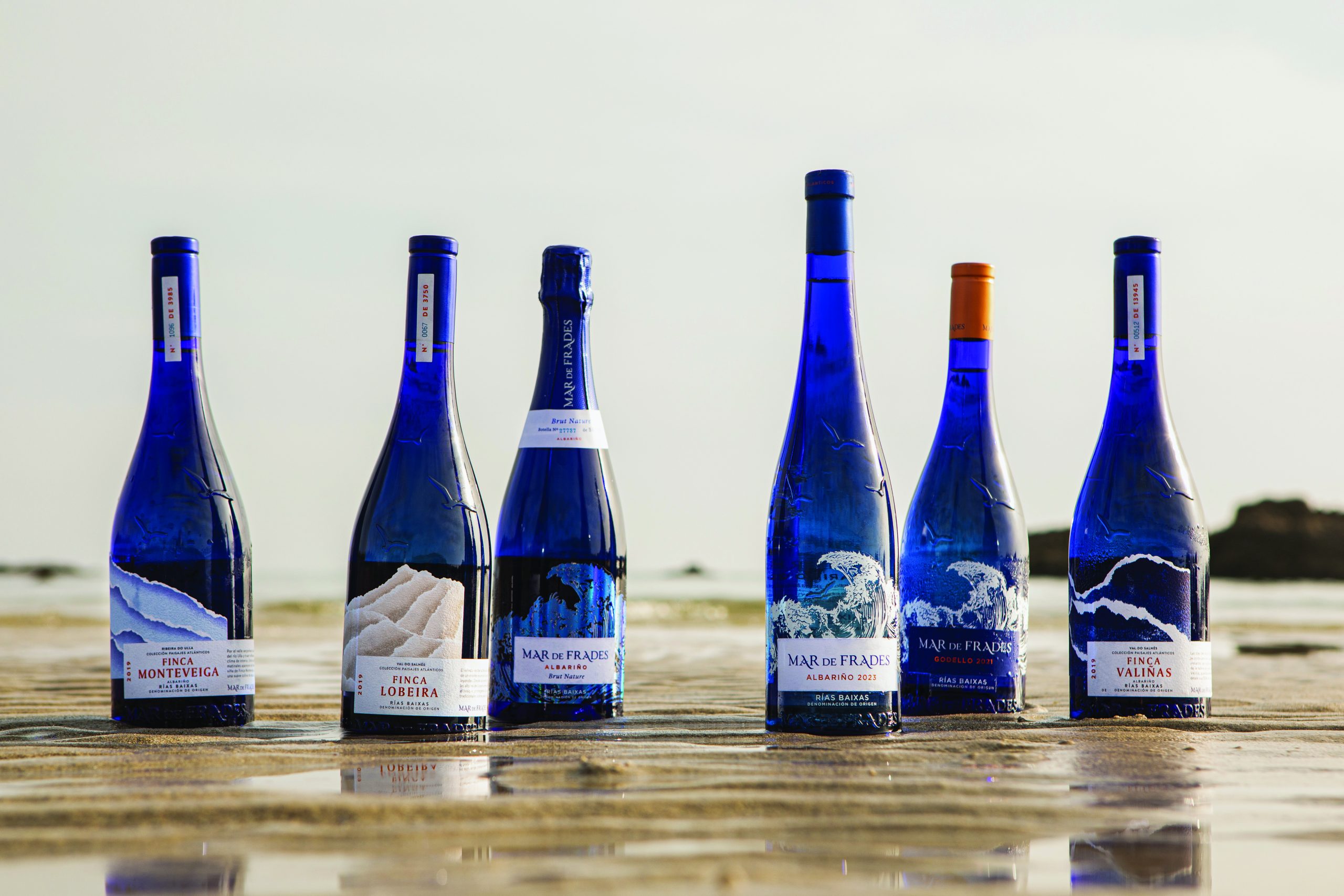Could a milk protein gel provide the secret to sobering up?
Experiments on mice have uncovered how a gel made from a byproduct of cheesemaking might be able to accelerate recovery from intoxication.

Researchers at Swiss university ETH Zurich developed a gel made from whey protein fibrils that utilises individual iron atoms to convert alcohol in the intestine into acetic acid, the acid that gives vinegar its tartness, that can then be harmlessly absorbed into the bloodstream.
Professor Raffaele Mezzenga, from the university’s Laboratory of Food & Soft Materials, explained why this experiment had been a success when previous ones had not: “Instead of using larger nanoparticles, we opted for individual iron atoms, which can be distributed more evenly on the surface of the fibrils and therefore react more effectively and quickly with the alcohol.”
To test the gel, experiments were undertaken on mice that had been given alcohol once, and on mice that were given alcohol regularly over 10 days.
The results showed that, 30 minutes after a single serving of alcohol, the gel reduced the alcohol level in the mice by 40%, and five hours after it had dropped by around 56%.
For the mice that were given alcohol over the 10 days, the gel resulted in “significantly less weight loss, less liver damage and hence better fat metabolism in the liver, as well as better blood values”.
Partner Content
Mezzenga explained: “The gel shifts the breakdown of alcohol from the liver to the digestive tract. In contrast to when alcohol is metabolised in the liver, no harmful acetaldehyde is produced as an intermediate product.”
According to the researchers, the gel, which has so far only been tested on rodents, only functions when there is alcohol present, so in theory it will have no adverse health effects on a human user.
“The gel could be of particular interest to people who don’t want to give up alcohol completely, but don’t want to put a strain on their bodies and aren’t actively seeking the effects of alcohol,” Mezzenga suggested.
The researchers have also applied for a patent for the gel.
However, any product that claims to “cure” intoxication will have to be careful not to fall foul of advertising regulations, as the company behind one anti-hangover product recently discovered.
Related news
‘The role of Ozempic isn’t just about reduced consumption, it’s about a shift in values’
Could Gen Z be giving up on abstinence?
Tesco thief banned from all UK supermarkets after £1.6k booze haul




